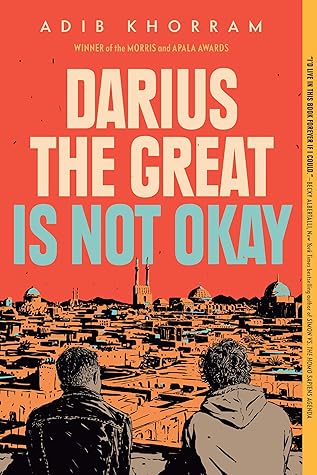More on this book
Community
Kindle Notes & Highlights
But then Dad looked at me and said, “Love you, Darius.” And I said, “Love you, Dad.” And that meant we weren’t going to talk about it anymore.
For Fariba Bahrami, love was an opportunity, not a burden.
In theory, taarof means putting others before yourself. In practice, it means when someone comes to your house, you have to offer them food; but since your guest is supposed to taarof, they have to refuse; and then you, the host, must taarof back, insisting that it’s really no trouble at all, and that they absolutely must eat; and so on, until one party gets too bewildered and finally gives in.
“No one wants me here.” “Everyone wants you here. We have a saying in Farsi. It translates ‘your place was empty.’ We say it when we miss somebody.” I sniffed. “Your place was empty before. But this is your family. You belong here.”
“Darioush. You remember what I told you? Your place was empty?” “Yeah.” “Your place was empty for me too,” he said. “I never had a friend either.” I almost smiled. Almost.
When had the silence between us crystallized?
I loved my little sister. When I looked at her, I felt the same way as when I stared into the ancient flame of the Atashkadeh. Or when I heard the azan ring out across the city.


